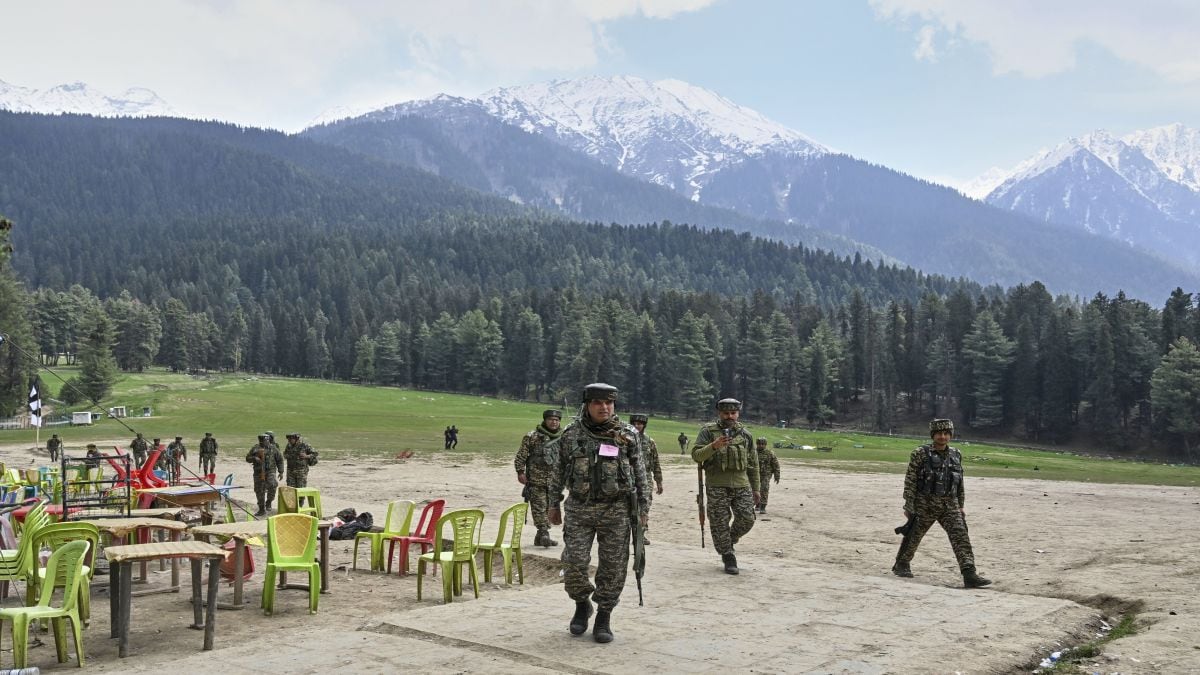

India is intensifying its efforts to have The Resistance Front (TRF), identified as a front for Lashkar-e-Taiba (LeT), officially listed as a terrorist organization by the United Nations. This push comes in the wake of the April 22 attack in Pahalgam, Jammu and Kashmir, which resulted in the deaths of 26 civilians, mostly tourists, and for which TRF claimed responsibility.
An Indian technical team is currently in New York engaging with key UN bodies to present evidence and advocate for the designation of TRF as a global terror group. The team is scheduled to meet with the Monitoring Team of the 1267 Sanctions Committee, as well as officials from the United Nations Office of Counter-Terrorism (UNOCT) and the Counter-Terrorism Committee Executive Directorate (CTED). The aim is to provide concrete evidence of TRF's involvement in the Pahalgam attack and other terrorist activities. India is expected to share more details and materials in the coming days, with the hope that the Security Council 1267 monitoring team will take strong note and take due action.
The 1267 Sanctions Committee, also known as the ISIS and Al-Qaeda Sanctions Committee, is a crucial body that decides on sanctions measures related to individuals, entities, and groups associated with terrorist organizations. It ensures the implementation of sanctions pursuant to UNSC resolutions. Designating TRF as a terrorist organization would allow for sanctions and travel bans to be imposed on its members.
India has strongly condemned Pakistan for providing a diplomatic cover to terror outfits. Pakistan, with the backing of its "all-weather friend" China, has been successful in blocking the mention of TRF's name in a UN statement following the Pahalgam terrorist attack. Randhir Jaiswal, spokesperson for the Ministry of External Affairs (MEA), has stated that India has been sharing information with the UNSC and the Sanctions Committee for the past two years, explaining why TRF should be listed as a terrorist entity.
In response to the Pahalgam attack, India launched 'Operation Sindoor' on May 7, targeting and dismantling terror infrastructure at nine locations across Pakistan and Pakistan-occupied Kashmir. The operation targeted terror headquarters of banned groups such as Jaish-e-Mohammed, Lashkar-e-Taiba, and Hizbul Mujahideen.
Simultaneously, in a significant blow to LeT, three of its members, including 'Operations Commander' Shahid Kuttay, were killed in an encounter in South Kashmir's Shopian district. Kuttay was responsible for leading terrorist recruitment in the Kashmir valley.
TRF emerged as an offshoot of LeT after the Indian government's decision to revoke the special status of Jammu & Kashmir under Article 370 of the Constitution. The National Investigation Agency (NIA) has found TRF's involvement in planning, killings, recruiting terrorists, and smuggling weapons. The group has been implicated in several terror attacks, including targeted killings, grenade attacks, and ambushes in Kashmir.